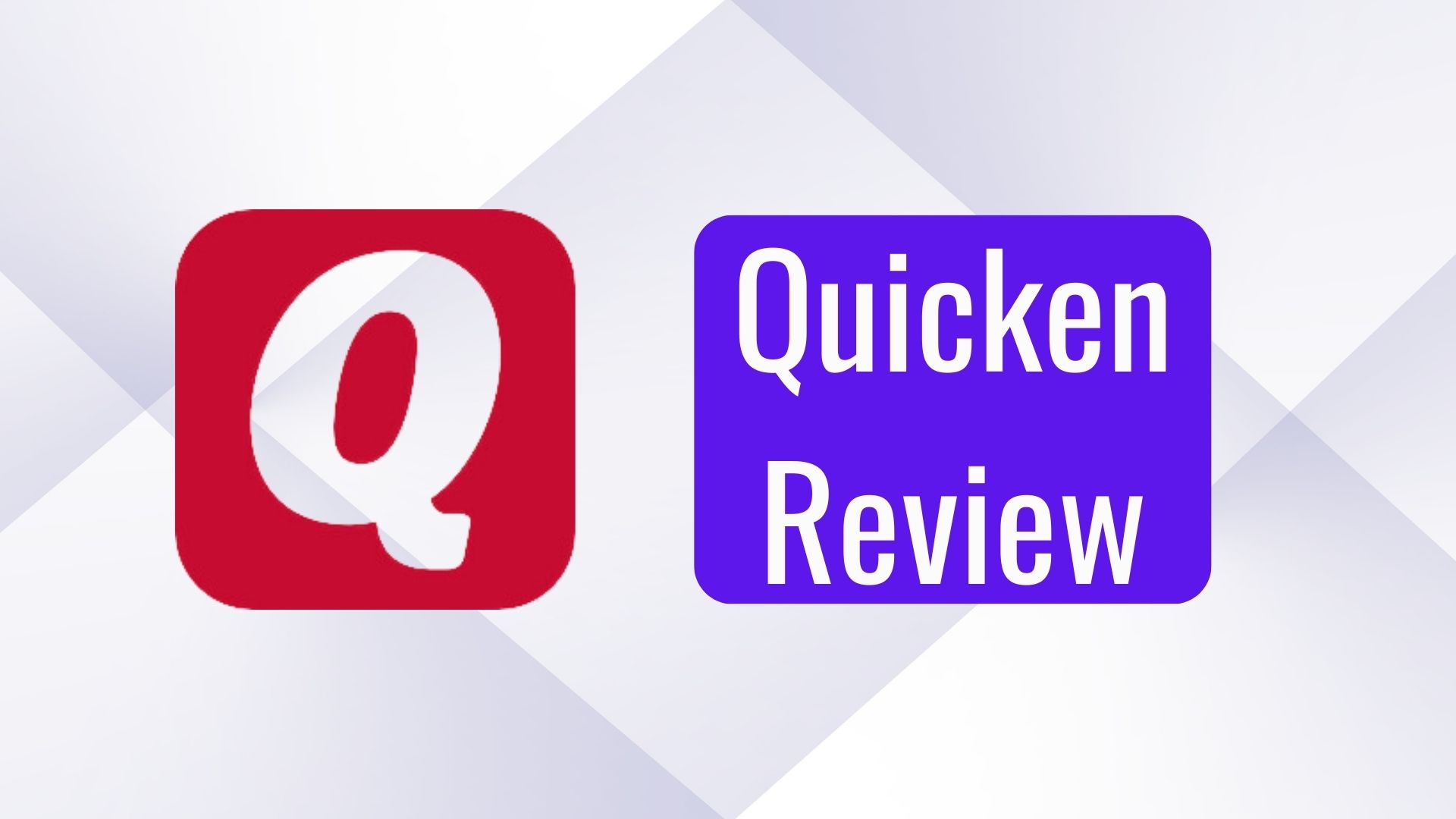With India assuming the G20 presidency from Indonesia in December 2022, Prime Minister (PM) Narendra Modi outlined the aim of this year-long stewardship as one that would seek “to amplify the voice of the Global South” in accordance with the theme: ‘One Earth, One Family, One Future’. Framing this objective within the civilisational ethos of India, PM Modi asserted that the path to this lofty aspiration “is through human-centric development.”

While the challenges for the G20 as a group and for India as the president are daunting – this is also an opportunity for Delhi to try and inject a degree of credibility and hope into the idea of multilateralism – an initiative that has proved to be less than adequate as the tumultuous events of 2022 revealed.
2022 was a blighted year. While it carried Covid-19 from 2020, the most disruptive event was the Russian attack on Ukraine on February 24 last year. The tragic consequences of that war are still playing out, even as it entered its second year with no sign of cessation of hostilities. Add the intractable tragedy in Sudan to the many global security challenges.
Existing multilateral bodies, with the United Nations (UN) as the most representative global entity and the Security Council (SC), with its five permanent members at its core, proved ineffective in managing the war in Ukraine. This was predictable since Russia, one of the permanent members of the UNSC, embarked upon this war of choice to assuage its insecurities and anxieties that date back to the end of the Cold War in December 1991, when the former Soviet Union imploded.
It may be recalled that the G20, under the Indonesian presidency, tried to broker a peace negotiation in 2022, but this was in vain. Nevertheless, India will have to grapple with the fallout of the Ukraine war and its corrosive impact on human security. Hence, a compelling case exists for working on consensual and reformed multilateralism. This will be both an opportunity and challenge for Delhi, given that its heft in matters global is modest.
The limitation of any major global grouping is structural since the genesis for forming such a cluster is less altruistic, and the primary objective is to protect the collective interests of its members. Two examples are illustrative.
The Treaty on the Non-Proliferation of Nuclear Weapons was imposed in 1970, and the world was divided into the five nuclear haves (the United States, former Union of Soviet Socialist Republics (now Russia), the United Kingdom, France and China) and the nuclear have nots (essentially the rest of the world). India described this tenacious resolve of the Permanent Five nations as one of “disarming the unarmed” and resisted this imposition.
In the economic domain, the formation of the G7 was triggered by the oil shock of 1973, which led to the world’s most developed economies (the US, the UK, France, Germany, Canada, Italy and Japan) banding together to deal with that convulsion and protect their interests, even as the global economy had to contend with a huge spike in energy prices.
Interestingly, the G20, which began as a meeting of finance ministers formed to deal with the Asian financial crisis of 1997-99, was elevated to a summit-level meeting in 2008 when a global financial crisis began. At the time, the G7 nations determined that other major economies had to be brought into the management tent – such as China and India, among others – and gradually, the group consolidated to its present profile.
The G20 is an exceedingly disparate group that includes the G7 and the five BRICS nations (Brazil, Russia, India, China and South Africa), Mexico, Indonesia, South Korea, Turkey and Australia (MITKA members), and Argentina and Saudi Arabia. The European Union as a collective and institutions such as the International Monetary Fund and the World Bank are also members. The fact that some members have intractable territorial disputes (India-China) cannot be ignored.
While it is a useful forum for summit-level deliberations among developed and developing nations, given the geopolitical polarisation due to the war in Ukraine, the probability of finding a swift and sustained G20 consensus on contentious issues would be akin to herding irate cats. Yet India could seek to soften the impact of such differences on the global economy and the climate crisis.
PM Modi’s exhortation at the Voice of Global South Summit 2023 is a normative vision, wherein he noted: “Together we must attempt to redesign global political and financial governance. This can remove inequities, enlarge opportunities, support growth and spread progress and prosperity.” This laudable objective of equitable growth and prosperity, where holistic human security is the objective of global governance, can be located in the ancient Chanakyan formulation of prioritising yogakshema (welfare of the populace).
However, global wealth and prosperity distribution is skewed in favour of the rich. For example, it has been estimated that during the Covid-19 years, while the incomes of almost 99% of the global community went down, the personal wealth of the 10 wealthiest individuals doubled to $1.5 trillion. But as the climate crisis-induced disruptions demonstrated in 2022, current global challenges – whether a pandemic or extreme weather difficulties – will be unsparingly democratic in their impact on life and property.
India’s G20 opportunity will be to persuasively encourage an inclusive, equitable and reformed multilateralism appropriate to meet the next decade’s challenges. It is a tall order, but aspirations must be normative and lofty.
Commodore (retired) C Uday Bhaskar is director, Society for Policy Studies
The views expressed are personal.
















